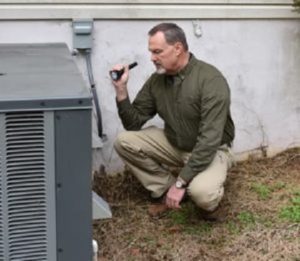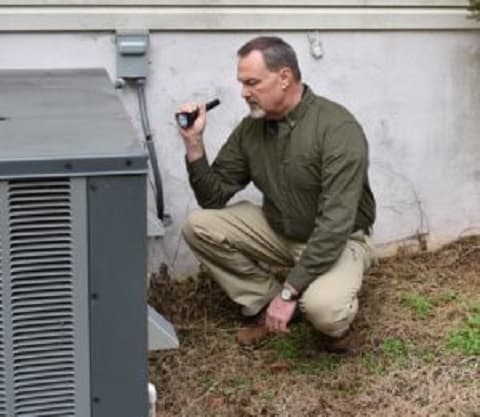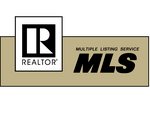When buying a home, one of the most important decisions you will make is whether to hire an inspector to conduct a home inspection. Real estate agents aren’t home inspectors, and we aren’t able to identify everything that may need to be  addressed in a property. If the owners know of and share a particular issue with the agent, then of course it is our job to make sure that is disclosed as part of the listing. In fact, one of the first things I do in preparing a property to list is to have the seller fill out a set of required documents that give us permission to sale their property. These forms include a document that lists out all of the items in a home that could have issues needing to be addressed.
addressed in a property. If the owners know of and share a particular issue with the agent, then of course it is our job to make sure that is disclosed as part of the listing. In fact, one of the first things I do in preparing a property to list is to have the seller fill out a set of required documents that give us permission to sale their property. These forms include a document that lists out all of the items in a home that could have issues needing to be addressed.
If the owner hasn’t lived in the home for several years, they may choose to fill out an exemption form instead. This is often the case with vacation and second homes that are on a rental program. The owner just isn’t going to know everything about the condition of the property if they aren’t actively living in the home. Even when the owners do live there full-time, they may not be aware of potential problems that you as a buyer could end up being responsible for if you closed on the property without discovering it beforehand. So it’s in your best interest as the buyer to have a home inspection done.
What does a home inspection generally consist of?
The home inspector will:
- test the plumbing;
- test the electric outlets;
- inspect the crawlspace for possible cracks or mold;
- inspect the fireplace;
- inspect the home exterior for signs of wood destroying insect damage; and
- look for signs of water damage or problems along the gutters and on the roof that may not be noticeable to the untrained eye.
Once the home inspection is completed, you will receive a copy of the report that details all of the items they checked and the condition each was found to be in. If there are any serious problems, the home inspector will go through those with you at that time. Feel free to talk with your inspector and definitely ask additional questions when there are items in the home inspection that you don’t completely understand.
As a buyer, it’s important not to panic when you see the home inspection report. Any inspector that we recommend is going to be thorough! You are going to know more about the property than you may want to! They will tell you everything that is a problem now, everything that may be a problem in the near future, and the many things to look for in the distant future. This will place you in the best position of comfort and power, although it also will be disconcerting. It is kind of like when you go to the doctor and see an x-ray of your spine or an ultrasound of your organs. It’s a little disturbing! Just remember that a home inspector is hired to find every potential issue in the home so that you as a buyer can make the most informed decision possible. The good news is that 99% of issues can be addressed. The main questions are how best to address those issues, what might it cost to address them, and who is going to complete the remediation?
Once you have received the home inspection, this is the point where you would need to work with your real estate agent to send a request for items identified in the home inspection to be repaired or replaced, or for the owner to agree to reduce the sales price of the property to account for the repairs you will need to make. Your real estate agent should be able to negotiate the repairs on your behalf and, when needed, help you find people who can do the work to fix those items so you can get accurate estimates in case the owner chooses to reduce the price instead.
Its all part of buying something amazing! While often one of the more stressful parts of buying property, it can also be an exciting part – learning about your property and how to care for it in order to keep its value strong in the years to come.







